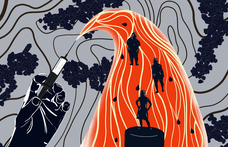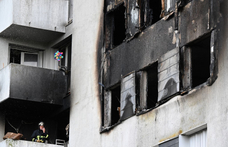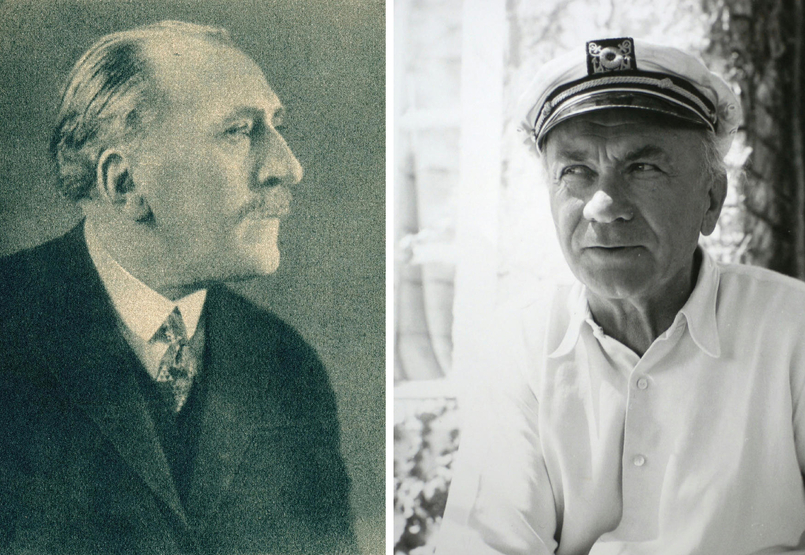Beaten photographer
The majority and the Roma
Ninety per cent of the Hungarian population say the Roma have criminal tendencies in their blood, according to a survey by Tarki, and every third adult expresses feelings of antipathy towards them. Surveys invariably show that Hungarians are still afflicted by prejudice against the Roma. In recent years, moreover, we have seen even feelings of sympathy on the part of the majority disappear. But it is hard to find a reason for the growing antipathy towards the Roma.
"The country is not a company"
"You can change the world in big steps too," said Kinga Goncz two years ago when she last changed her career. The 58-year-old was last week appointed Hungary's first female foreign minister. The new minister is keeping quiet about her grand plans for the new job, in which she will influence the lives of 450m people as a member of the EU's powerful council of foreign ministers.
The Gyurcsany package
Ferenc Gyurcsany chose to unveil his drastic savings package not in parliament, but before the more understanding audience of the National Interest Conciliation Council's functionaries. Many of the measures had already been leaked - few of them came as a surprise to the well-informed. The question is how people who believed in the electoral promises will respond to this cold shower.
Not as good as the Orban
Jozsef Debreczeni's biography of Gyurcsany, which was being signed by both biographer and subject at the Book Week, is a bit like the opposite of a magic mirror. The book makes Gyurcsany and his circle look better the closer you get.

















